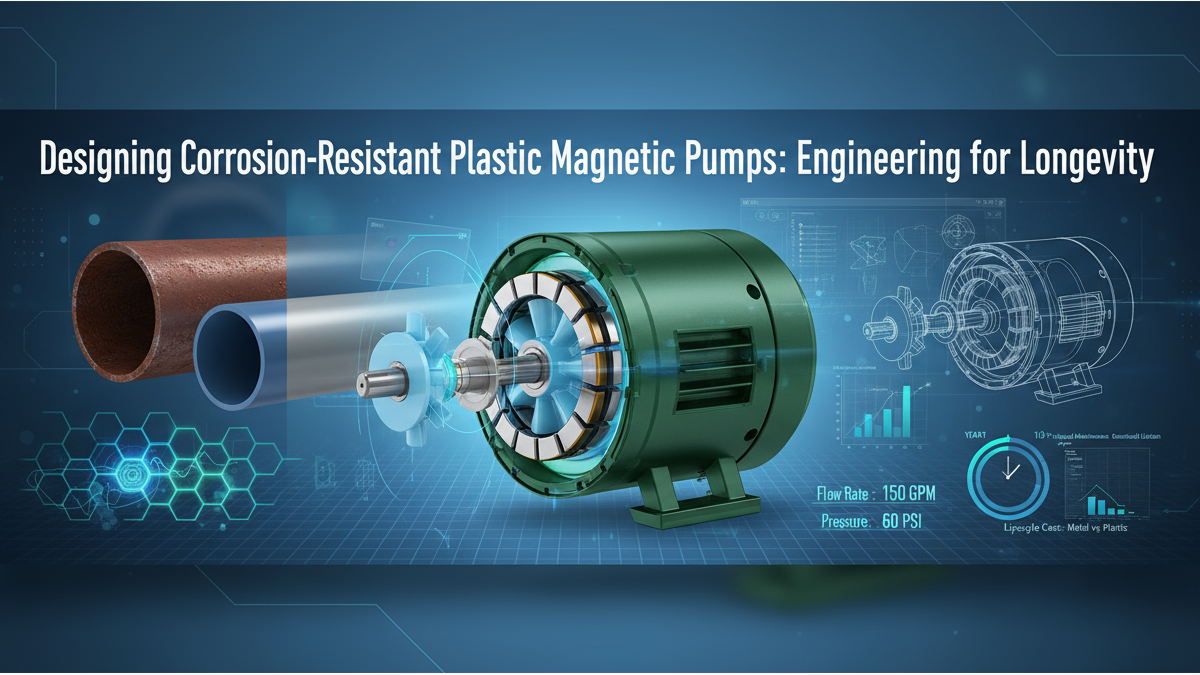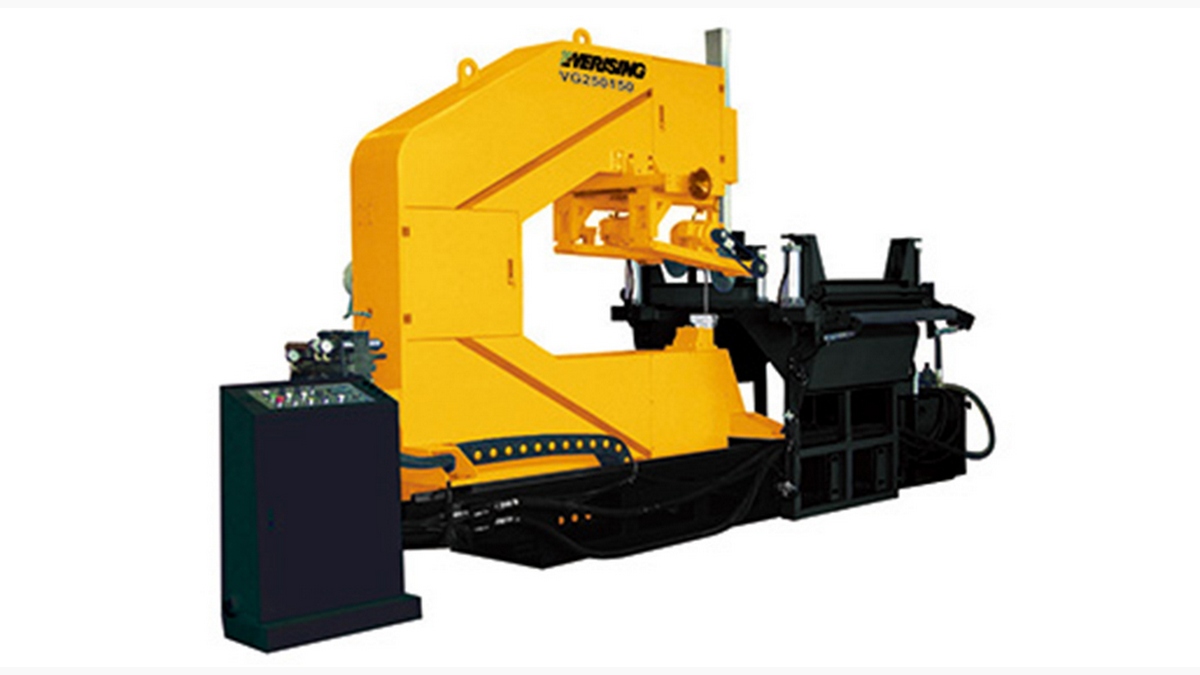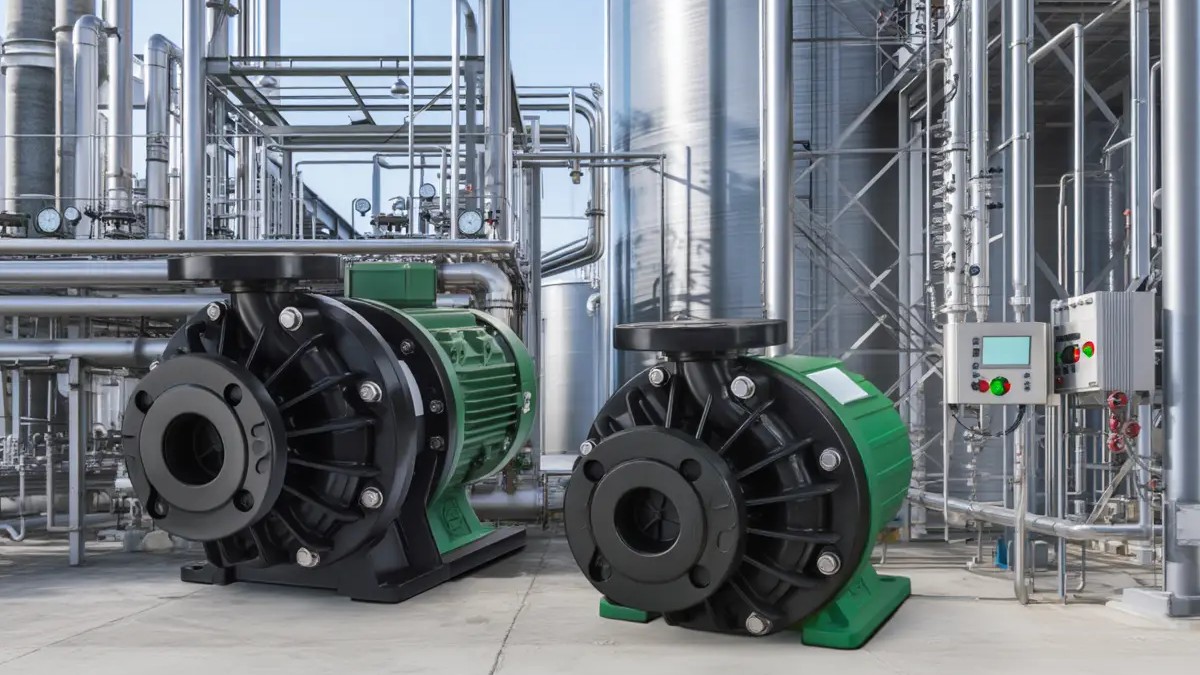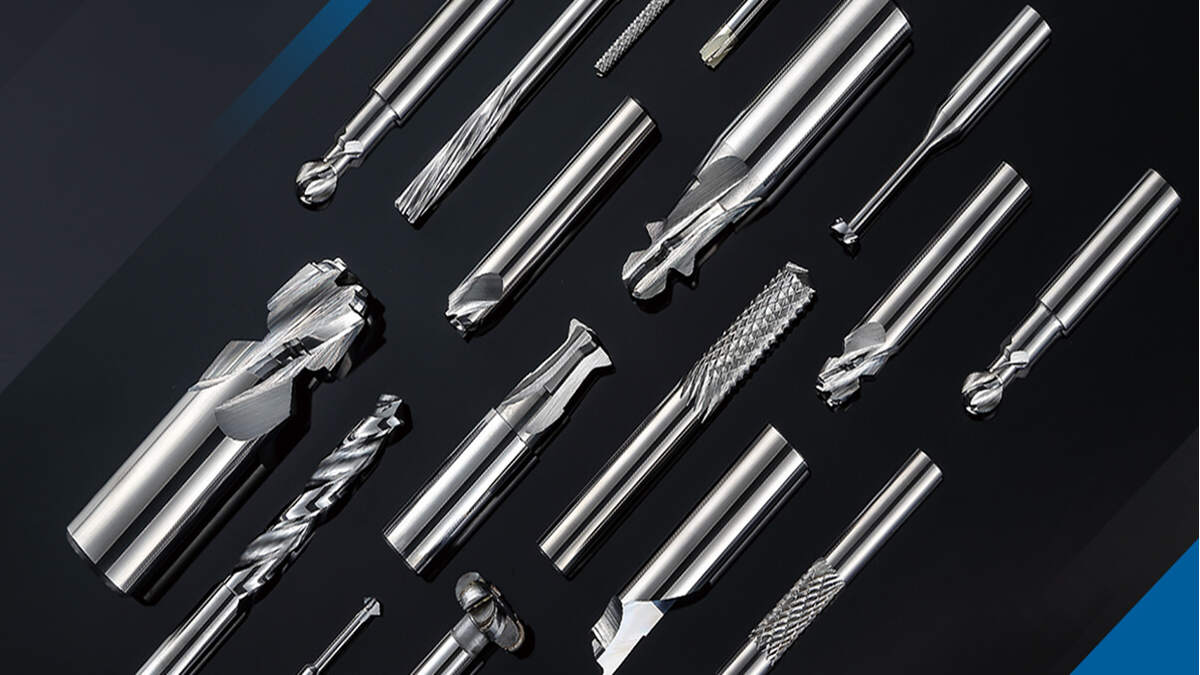Machine learning is the application of artificial intelligence to imitate the way that humans learn. It is a scientific study that uses data, algorithms and statistical models to give computer systems the ability to automatically learn and improve from experience, so that they can perform specific tasks without being explicitly programmed. Data science is a broad field that includes the capturing and processing of data, analyzing it, and deriving insights from it. One area of data science is data mining which involves finding useful information in a dataset and utilizing that information to uncover hidden patterns. In this article, we will look at a few machine learning and data science start-ups that are worth keeping an eye on.
Think about today’s commercial sector, and you will realize that the space of Artificial intelligence has never looked more indispensable. Of all the AI-related fields, machine learning and data science are the most widely used technologies.
From health tech to fintech, operations to HR, analytics to customer service, every business function in every industry has begun seeing value in deploying artificial intelligence programs. As the biggies like Google, Apple, Microsoft, and Amazon continue to achieve breakthroughs by infusing their products with the latest Artificial intelligence technologies, multiple start-ups are entering the AI space and innovating at a never-seen-before pace. These start-ups are leaving a lasting impact by developing leading-edge data science and machine learning technologies. And these technologies are increasingly becoming an integral part of businesses’ decision-making processes on the strategic level.
Machine Learning?
Machine Learning is one branch of Artificial intelligence (AI), machines that mimic human intelligence) and focuses on building systems or machines that learn for themselves and improve performance based on the “experience” of data they consume without being programmed.
Currently, machine learning has seeped into almost every part of our lives. During our smooth and secure interactions with banks, social media, or while shopping online, we experience the power of ML without being aware of it. However, we are only scratching the surface of its potential.
Data Science?
Data volumes have exploded thanks to the modern technology of the web, smartphones, and other sources of customer interactions. However, without data science, the wealth of the data is just sitting untouched in databases and data lakes.
Data science constitutes data analysis, statistics, and scientific methods to extract value and draw meaningful insights from this data. It reveals trends that businesses leverage to make better decisions and innovate.
Data science empowers machine learning models to learn from the humungous data being fed to them. Both of these technologies offer tremendous potential to enable businesses to turn data into a competitive advantage.
What Are the Popular Start-Ups?
BigML
Capabilities:
- Machine learning algorithms
- Instant cloud or an on-premises deployment
- Interpretablep & Exportable Models
- Collaboration
- Automation
- Cybersecurity & Privacy
Apheris
Capabilities:
- Secure data collaboration
- Internal & External collaboration
- Data ecosystem
- End-to-end protection
Dataiku
Capabilities:
- Data preparation
- Visualization
- Machine learning
- DataOps
- MLOps
- Analytic apps
- Collaboration
- Governance
- Architecture
Actify Data Labs
Capabilities:
- Risk management
- Fraud prediction
- Acquisition risk modeling
- Marketing & customer analytics
- AI/ML Enablement Services
Atlan
Capabilities:
- Data catalog & discovery
- Data lineage & governance
- Data quality & profiling
- Data exploration & integrations
Explorium
Capabilities
- External data platform
- ML engine
- Signal studio
- Risk management prediction models
Iterative.ai
Capabilities:
- Open-source Version Control System for ML
- Continuous machine learning
- ML experiment tracking, visualization, and collaboration
Machine learning relies on the rapid analysis of a large amount of data to achieve the most beneficial artificial intelligence. The computer’s ability analyzes an enormous amount of data, beyond what a human could normally analyze, can help improve decision-making and future prediction processes.
There are many up and coming Machine learning and Data science start-ups across the globe that are making impressive marks with their innovations. These start-ups are working tirelessly towards the development of Data science and Machine learning, making them accessible to everybody, and bringing their maximum potential to be realized across diverse industries.










.png)



